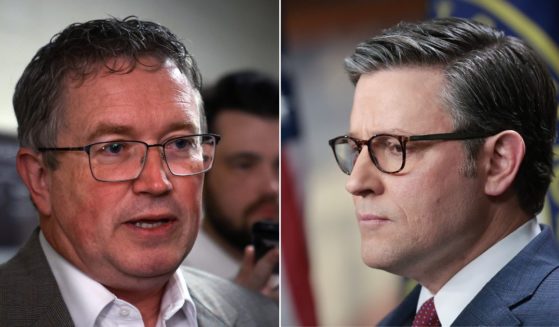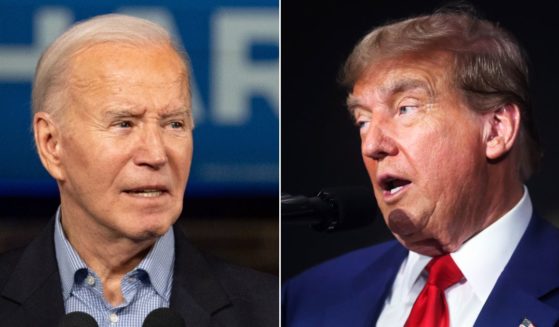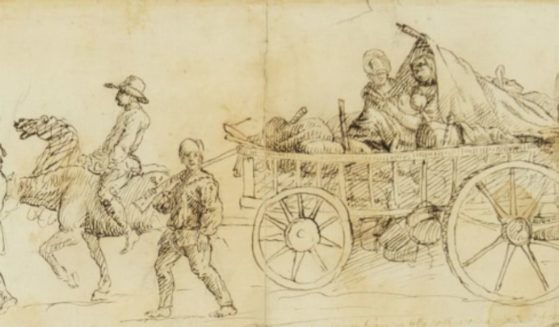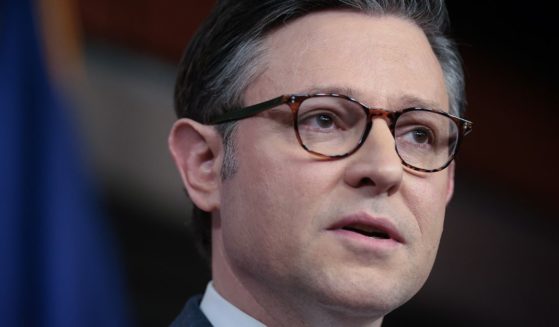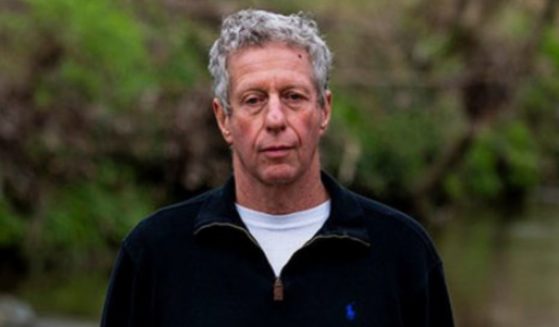Report: US Cancer Death Rate Sees Largest Single-Year Drop in History
The death rate from cancer in the U.S. dropped by 2.2 percent from 2016 to 2017, which was the largest single-year decline ever recorded, according to a new report by the American Cancer Society.
The overall drop from 1991 to 2017 has been 29 percent, which translates to about 2.9 million deaths avoided over the time period, the organization said in a news release on Wednesday.
“The steady 26-year decline is driven by long-term drops in death rates for the four major cancers- lung, colorectal, breast, & prostate,” the ACS tweeted.
#BREAKINGNEWS: The #cancer death rate declined by 29% from 1991-2017, including a 2.2% drop from 2016-2017. The steady 26-year decline is driven by long-term drops in death rates for the four major cancers- lung, colorectal, breast, & prostate. https://t.co/12voPxVd6N pic.twitter.com/N1UsAy8HIg
— American Cancer Society (@AmericanCancer) January 8, 2020
Lung cancer remained the leading cause of cancer death in 2017.
“Almost one-quarter of all cancer deaths are due to lung cancer, more than breast, prostate, and colorectal cancers combined,” the ACS news release said.
“Progress in reducing lung cancer deaths has improved due to declines in smoking and advances in early detection and treatment. However, progress in reducing colorectal, breast, and prostate cancers has slowed,” according to the ACS’s findings.
Its “Cancer Statistics 2020” noted that declines in lung cancer death accelerated from 3 percent annually between 2008 and 2013 to 5 percent from 2013 through 2017.
The steepest decline in cancer death rates occurred for melanoma skin cancer, which the ACS attributed in part to new drug treatments the Food and Drug Administration approved in 2011.
“The overall melanoma death rate dropped by 7% per year during 2013-2017 in people ages 20 to 64, 1% per year in people ages 50 to 64, and 5% to 6% in people 65 and older,” the ACS reported.
“Progress in the 65+ age group is especially significant, because rates before 2013 had been increasing.”
Dr. William G. Cance, chief medical and scientific officer for the ACS, pointed to improved treatments for both lung cancer and melanoma as contributing to the steeper declines in death rates seen.
“The accelerated drops in lung cancer mortality as well as in melanoma that we’re seeing are likely due at least in part to advances in cancer treatment over the past decade, such as immunotherapy,” Cance said in a statement.
“They are a profound reminder of how rapidly this area of research is expanding, and now leading to real hope for cancer patients.”
Cancer is the second-leading cause of death in the United States behind heart disease, with the ACS predicting there will be about 1.8 million new cases in 2020 and 606,000 deaths.
The longer view for the four leading causes of cancer death offers an encouraging picture.
Lung cancer death rates declined by 51 percent from 1990 to 2017 among men, and 26 percent from 2002 to 2017 among women.
Breast cancer death rates dropped 40 percent from 1989 to 2017 among women.
Prostate cancer death rates are down 52 percent among men from 1993 to 2017.
Meanwhile, colorectal cancer death rates declined 53 percent from 1980 to 2017 among men, and 53 percent from 1969 to 2017 among women.
Rebecca Siegel, director of surveillance research at the ACS and lead author of the organization’s report, told The New York Times, “Every year that we see a decline in cancer mortality rate, it’s very good news.”
Truth and Accuracy
We are committed to truth and accuracy in all of our journalism. Read our editorial standards.

